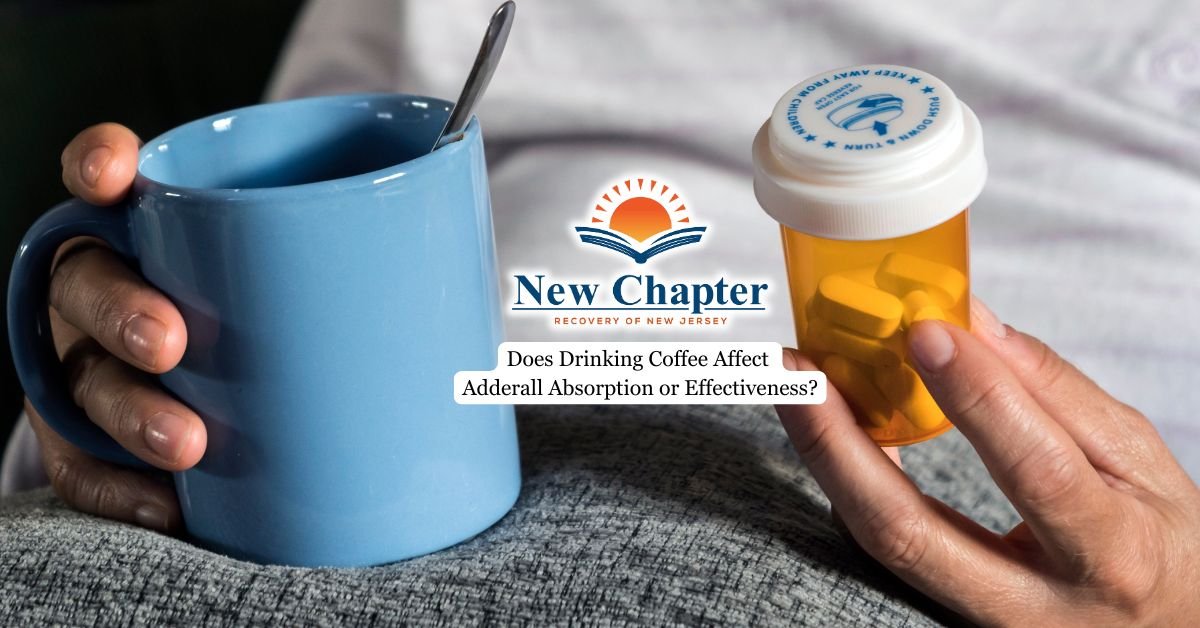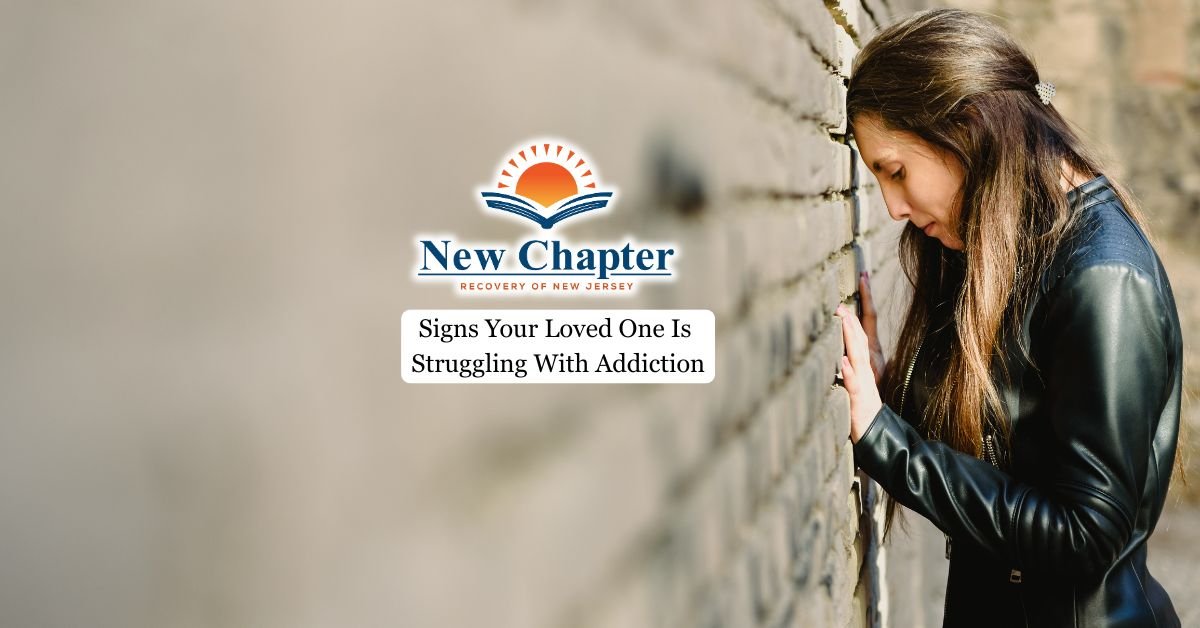Understanding the withdrawal process, recognizing the severity of drug withdrawal symptoms, and knowing the treatment options available can help individuals navigate this difficult phase and take the first step toward recovery.

Understanding Heroin Withdrawal and Recovery
Withdrawal from heroin occurs when opioid receptors in the brain adjust to the absence of the drug, leading to a range of withdrawal symptoms. These can include muscle aches, sweating, nausea, anxiety, and depression, typically beginning within a few hours after the last dose of heroin. The severity of symptoms varies based on heroin use history and individual health factors.
A study found that 76.5% of individuals in withdrawal reported muscle aches, 72% experienced flu-like symptoms, and 69.2% suffered from insomnia. These symptoms can increase the risk of relapse, highlighting the importance of medical supervision and professional treatment.
Heroin Withdrawal Timeline
Withdrawal from heroin typically begins within a few hours after the last dose of heroin. The timeline varies based on how much heroin a person has used and for how long. Symptoms of withdrawal generally follow this pattern:
- Within 6-12 hours: Early symptoms start, including anxiety, muscle aches, sweating, and agitation.
- 24-72 hours: Acute withdrawal phase, when symptoms are most severe. A person may experience nausea, vomiting, diarrhea, sweating, chills, and intense cravings for heroin.
- 5-7 days: Most withdrawal symptoms subside, but psychological effects like depression, mood changes, and anxiety can persist.
- Weeks or months: Some individuals develop post-acute withdrawal symptoms, such as insomnia, fatigue, and mood swings.
Common Symptoms of Heroin Withdrawal
Symptoms of withdrawal occur because heroin use alters the opioid receptors in the brain, leading to physical dependence. When someone stops using heroin, their brain and body struggle to adjust. Common symptoms include:
- Flu-like symptoms: Sweating, chills, fever, muscle aches, and fatigue.
- Gastrointestinal distress: Nausea, vomiting, and diarrhea.
- Psychological symptoms: Anxiety, depression, mood swings, and irritability.
- Severe cravings: A person may experience intense urges to use heroin again.
- Elevated blood pressure and heart rate: High blood pressure is common during withdrawal.
Severity of Withdrawal Symptoms
The severity of heroin withdrawal symptoms depends on several factors, including the duration and quantity of heroin use. For instance, someone who uses heroin regularly is likely to experience more intense withdrawal symptoms compared to someone who has used the drug for a shorter period. A person’s overall health also plays a significant role, as pre-existing mental health conditions can exacerbate symptoms.
The use of heroin alongside other substances, such as alcohol or other drugs, can further complicate the withdrawal process.
Individuals with previous withdrawal experiences may face more severe symptoms during subsequent attempts to quit.
Complications During Heroin Withdrawal
In some cases, heroin withdrawal can occur with severe complications, requiring medical detox and professional supervision. Possible complications include:
- Dehydration: Excessive sweating, vomiting, and diarrhea can lead to dangerous electrolyte imbalances.
- Severe psychological symptoms: Some individuals experience hallucinations, paranoia, or extreme depression, which can increase the risk of self-harm.
- Cravings for heroin: Intense urges to use heroin again can lead to relapse, which is dangerous due to decreased tolerance.
- Life-threatening effects: Though heroin withdrawal is not typically life-threatening, it can lead to dangerous complications if not properly managed.

Treatment Options for Heroin Withdrawal
Medical detox under the care of professionals is often the best approach to help manage withdrawal symptoms safely. Inpatient detox programs offer 24-hour medical care, while outpatient programs provide structured support without requiring a hospital stay. Supervised detox can help manage symptoms and cravings, making the process more comfortable and reducing the risk of relapse.
Doctors could prescribe medications to alleviate discomfort and reduce the risk of relapse.
Medications Used to Manage Opioid Withdrawal
- Methadone: A long-acting opioid agonist used to ease withdrawal symptoms and cravings.
- Buprenorphine (Suboxone): Helps reduce cravings and minimizes withdrawal effects.
- Clonidine: Used to manage symptoms like high blood pressure, anxiety, and sweating.
- Anti-nausea and anti-diarrheal medications: Help control digestive distress.
Long-Term Recovery After Heroin Withdrawal
While acute withdrawal symptoms from heroin typically last about a week, many individuals face protracted withdrawal symptoms, or post-acute withdrawal symptoms (PAWS), for weeks or months. These can include mood changes like depression, anxiety, and irritability, persistent fatigue, insomnia, and ongoing cravings for heroin, even after stopping use.
Detox alone is not enough for lasting recovery, making comprehensive rehab programs crucial. Rehab combines behavioral therapy to build coping skills, support groups to foster connection, and mental health treatment to address underlying issues driving addiction, offering individuals the tools needed for long-term healing.
Final Thoughts from New Chapter Recovery
If you or someone you know is struggling with heroin addiction, reach out to us at New Chapter Recovery to learn about our treatment options and take the first step toward a healthier future. We understand that heroin withdrawal is a challenging but necessary step toward healing. Our rehab programs offer supervised detox, withdrawal treatment, and long-term recovery support in a compassionate environment.






